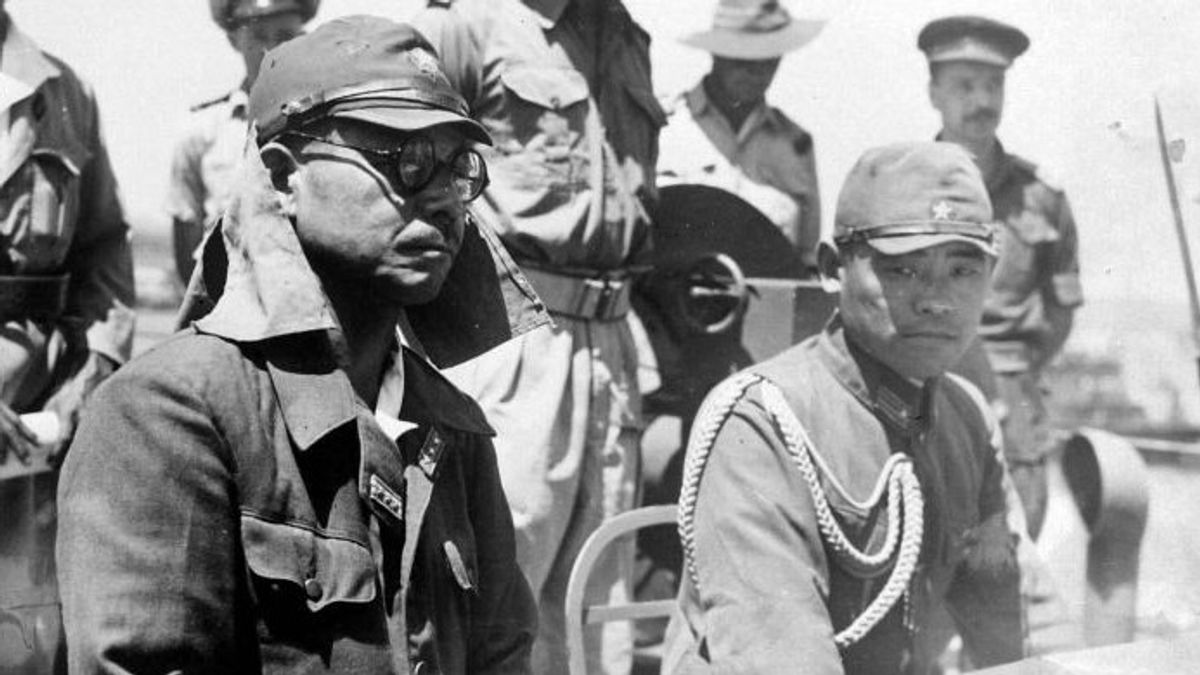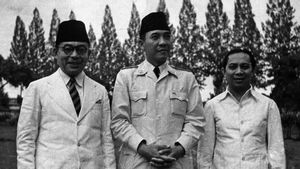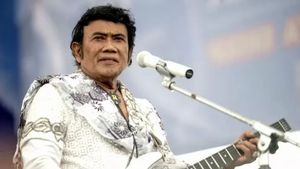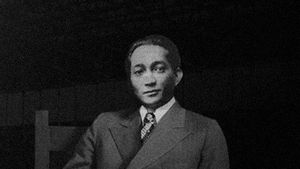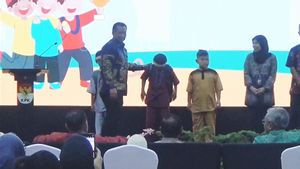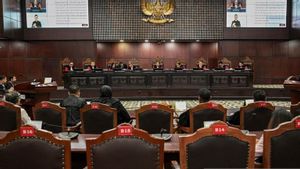JAKARTA – Today's history, 65 years ago, on January 20, 1958, the peace agreement between Indonesia and Japan took place in Jakarta. Indonesia was represented by the Minister of Foreign Affairs (Menlu) Soebandrio. While Japan was represented by Foreign Minister Fujiyama Aiichiro.
This event later became an important part in the course of Indonesian history. Previously, Indonesia had deep wounds from the past during the Japanese occupation. In that era, native people were squeezed like dairy cow. They were forced to work a lot to satisfy the desires of Japan.
The Japanese occupation was the toughest period in the nation's history. Instead of being a savior, Japan is in fact not much different from the Netherlands. Both of them have the same mission: to colonize for mere profit.
Colonialism made the natives become victims. They don't care about their fate. The level of education is not taken seriously. Likewise with various industries. As a result, the Indonesian people fell into a mire of regret.
The heartache of the natives towards Japan, which was dominated by a military government, could not be healed immediately. All because Japan acts like a lord who must be respected. Every day, native people often face the arrogance of the Japanese army.

Bumiputras are often forced to sing the Japanese national anthem, Kimigayo. Moreover, the red and white flag of Indonesia's pride was replaced by the Japanese flag, Hi-no-maru. The pinnacle of Japan's ugliness was making all Indonesian people as forced laborers (romusha) and sex slaves.
“During the period of Japanese fascism, the military became the highest command in making all political decisions. To secure the power of the regime, a military-style government was formed. Every important position was filled by high-ranking military officers. Society is conditioned to always be alert and alert due to ongoing war propaganda.”
“Society is formed and controlled through mass mobilization, for example, to mobilize a workforce consisting of adult men to be used as forced laborers (romusha) and women to be used as sex slaves (jugun ianfu). At this time, terrors against citizens were always going on," said Anna Mariana in the book Perbudakan seksual: Perbandingan Antara Masa Fasisme Jepang dan Neofasisme Orde Baru (2015).
Bad memories during the Japanese occupation did not necessarily disappear. The memory continues to be a nightmare. Even though Indonesia had become independent on August 17, 1945. The narrative of Japan as a tyrannical colonialist continues to live in every heart of the Indonesian people.
However, the Indonesian and Japanese governments agreed to forget the past. Both want peace and not continue to be sworn enemies. A peace treaty initiative was planned. Two draft agreements were prepared.

The peace treaty and reparations agreement benefited Indonesia. because, the war reparations fund was used by Indonesia to build many things. The two agreements were finally signed on January 20, 1958, in Jakarta. The two Indonesian-Japanese Foreign Ministers represented the signing of the agreement.
“This agreement is divided into two, the first is a peace agreement and the second is a war reparation agreement. For a peace treaty, it regulates matters related to the desire to end the status of war and create a peaceful situation between the two countries."
"This agreement contains seven articles, and the reparations that must be paid by Japan are regulated and stated in article 4 of the agreement," said Moh. Gandhi Amanullah in the book Matahari Khatulistiwa: Hubungan Indonesia - Jepang dalam Perspektif Sastra dan Sosial Budaya (2020).
VOIR éGALEMENT:
The English, Chinese, Japanese, Arabic, and French versions are automatically generated by the AI. So there may still be inaccuracies in translating, please always see Indonesian as our main language. (system supported by DigitalSiber.id)
